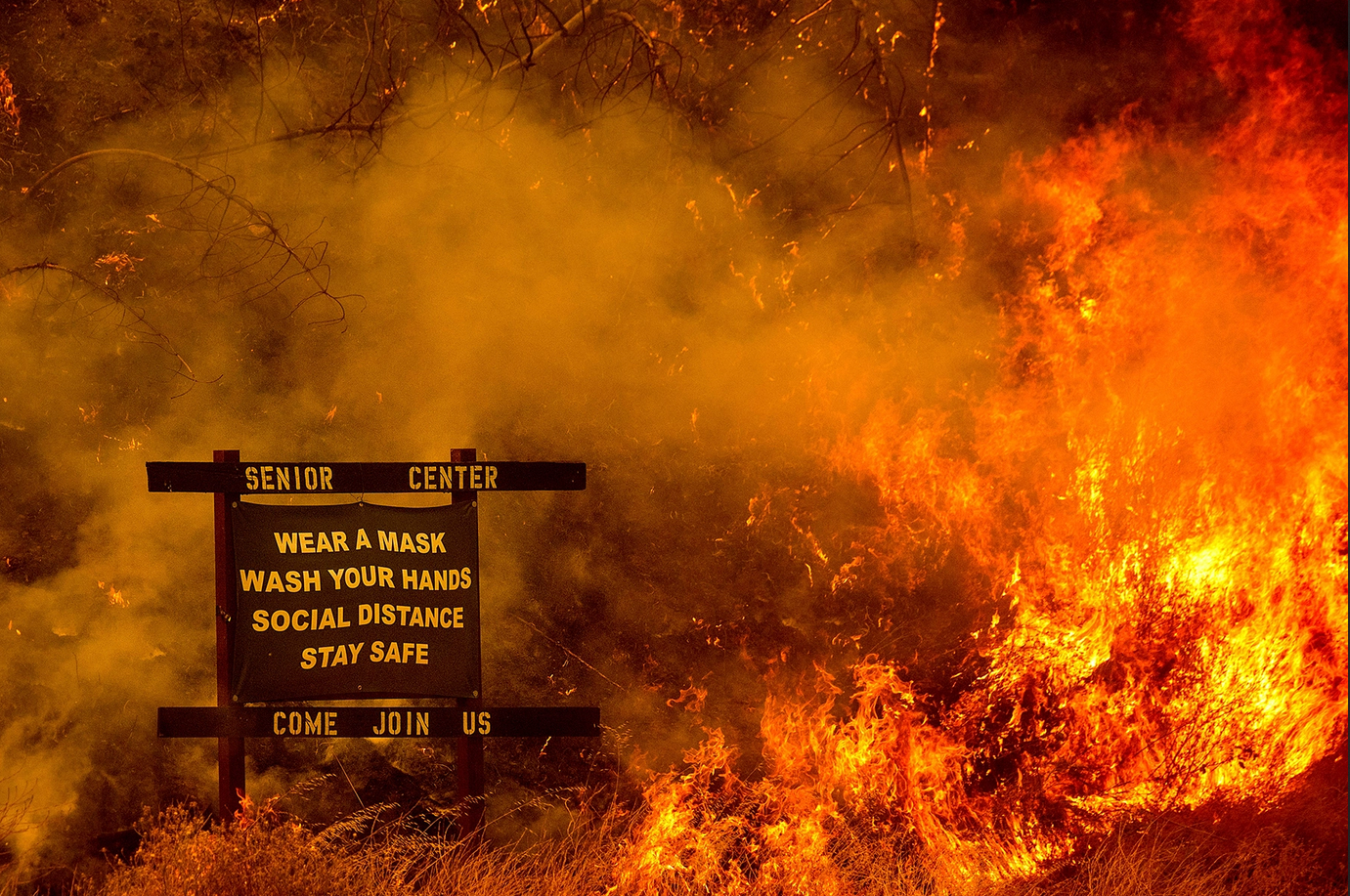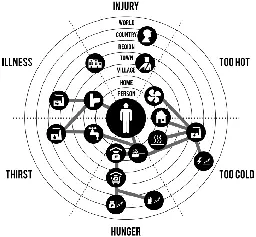
As far as I know I am the only person trying to explore this topic as defined, at least in Polish context. So far I found two documents that are close to my idea, f lacking a live collective to keep them up to date and to support newcomers.
Keep in mind that, depending on local legal system, a co-op may not need to be registered as such. In Poland, for example, social enterprises can assume various legal forms, my favourite beng a civic association.
This is the obvious way, yes. But it can be also a customer-owned one (housing co-op), or mixed / multistakeholder (patient/doctor-owned medical service co-op). We are not constrained by XIXth-Century imagination. :-)

We already have open source software, design, devices. Perhaps the time has come for open source social business? Collectively developed, publicly available and cooperatively implemented business models?
When the purpose of a business is to meet social needs, with care for the planet and fair wages for working people, there is no reason to compete.
So we can jointly develop business ideas and support each other in implementing them.
What do you think?
Hello again.
Here is the updated map of our "Looking Up!" platform for education, information and inspiration towards community resilience. Pattern language is located there as an independent layer, on top of existing semantic wiki (Software stack to be determined yet). Such approach will allow us to work on it in parallel, independently for general platform development.

My suggestion is: let's meet at cryptpd.fr (my profile link), where I already started a document collection. We can also use a matrix room, either here or at min.tepewu.pl (my address: @kanenas:min.tepewu.pl).
In few days I will be announcing our flagship project for 2024. Once it is done, I will get back to the pattern language topic (which also fits nicely as one of "legs" of the said project). Meanwhile, I am looking for other relevant resources, so we will hopefully have something to start with. Hope for your contribution, too.
I believe the answer will depend on local circumstances. The copper will always be needed - it is a matter of mix proportions. As long as we can keep the supply chain short-ish and local, we are good.
Great contribution, thank you. I am an admirer of 19th Century engineering and inventions, and it is good to have someone around, to ground me, so to speak. 😆
By your permission, I would like to tap more of your knowledge.

There are two priorities I keep in mind, when thinking about collapse-time technologies.
- Maintenance complexity, especially in long-run context.
- Shortening the supply chain.
When it comes to electric power generation and various types of generators, I am very reluctant to accept generators based on rare-earth magnets. First, they are "bloody metals" indeed, mined and refined with extreme hurt to the planet and people. Second, their delivery chain is long and quite centralised which makes them possibly unavailable in case of disruption of the logistic system. While we wait for the US-sponsored program to develop alternative materials, still we can explore two avenues of research:
- magnets recycling
- generator constructions that does not need such magnets.
The recycling topic deserves separate consideration, in respect to a hypothesis of the "scavengers civilisation" as the next stage of human history. Meanwhile, we can have a closer look at constructions, using much more sustainable ceramic (aka ferrite) magnets, or no magnets at all.
If we can develop a "DIY" technology to make ceramic magnets, we can combine it with designs from 19th and early 20th Century and create alter-futurist line of more collapse-friendly electricity generators.
Would you care to provide more information?

Anyone into pattern language, to be applied to increase community resilience and preparedness?
There is a multitude of sources, providing technical knowledge and solutions to various needs in the spirit of low-tech, appropriate technology and resilience. Appropedia is surely the most renowned of them, accumulating information from many valuable collections.
However, typically for a wiki, the structure of this vault is more suitable for studying, than for direct implementation.
Let us assume the following scenario:
>We plan to build technical infrastructure for a small settlement, located on a particular patch of land. We are moderately tech-capable. We can read and understand a documentation; we can implement it, with some adjustments. But we have no knowledge nor experience broad enough to deep-dive into a wiki and find solutions suitable for our specific situation. > >We need a tool to help us somehow connect our context with searching criteria, and to select matching solutions, or at least to shortlist them.
First step toward this goal is to build a structure - a pattern language - starting from various needs to fulfill, and showing logical combinations of technical solutions to be applied.
Based upon such structure, we can try to build guidelines helping to make the whole process of selection semi-automated, with enough space for human consideration and variety of contexts. Using such a guide would lower the threshold both for selection and decision-taking process, and for education, allowing users to grow their knowledge and competences.
Do you know any such initiative being in progress? Or abandoned, that could be revived? Or maybe you would like to co-develop it?
Infrastructure
Public services - especially regarding persons with disabilities (PwD) - are being increasingly starved.
In Poland, effectively 1st of January, the caretaker support (for people not employed due to taking full time care of their disabled relatives) has been replaced with "supportive money", much harder to obtain and in lower amount. New parliament is promising substantial rises, but there is no money in sight to back them up.
In UK, as almost 20% of municipalities warns about imminent bankruptcy, an old idea to "warehouse" PwD looms again.
So, after 3 years, did this post age well?

In my dayjob, there are four such nice blue sticks, gathering dust on my shelf. I have a possibility to put them online via Raspberry Pi.
So, if there is someone who may have an interesting idea how to put them to work for the good cause, talk to me.

Old society is not going to leave the scene peacefully. They will go down kicking and screaming, until their last breath leeching energy and matter from the planet and all of us. When they die anyway, why should they let us survive?
So, should we have a SolarPunk warfare available to defend the planet (including ourselves) against "apres nous, le deluge" strategy of planet destroyers?
There was an attempt to create similar kind of warfare, within the ranks of US Army, of all imaginable places. The 1st Earth Battalion, if not exactly what we may imagine, was certainly planet-oriented. https://web.archive.org/web/20110811190649/http://arcturus.org/field_manual.pdf
So, what do you think of the initial question? And if we need it, do you know any examples that could help us answer it and, perhaps, develop the idea towards implementation?
Morning coffee musings Transition / Collapse solutions — how to get most out of collapsing infrastructure. During slo-mo catastrophe, more and more infrastructure may become unused, but still technically working. This is what we have now with empty buildings / apartments for example. Or some abandon...

Morning coffee musings
Transition / Collapse solutions — how to get most out of collapsing infrastructure.
During slo-mo catastrophe, more and more infrastructure may become unused, but still technically working. This is what we have now with empty buildings / apartments for example. Or some abandoned industrial facilities taken over by their crews.
But there are more technical challenges. If the grid is down, what shall we need to redirect output of a local wind/solar farm to the local community use? How to start running local rail transport? How to salvage content of a logistic centre before it gets marauded? Etc. etc…
The inconvenience here lies in the fact that most of such actions are considered illegal under regular circumstances. But we will need them when conditions cease to be “regular”. I believe we should be able to discuss them under the general category of “civil / civic defense” or “communal resilience”.
What do you think?
 8Petros (he/him) @slrpnk.net
8Petros (he/him) @slrpnk.net Postproletarian transanarchist kolapsnik. Infrastructure freak.
Practical SolarPunk, degrowth & social permaculture.
Not interested in infights.